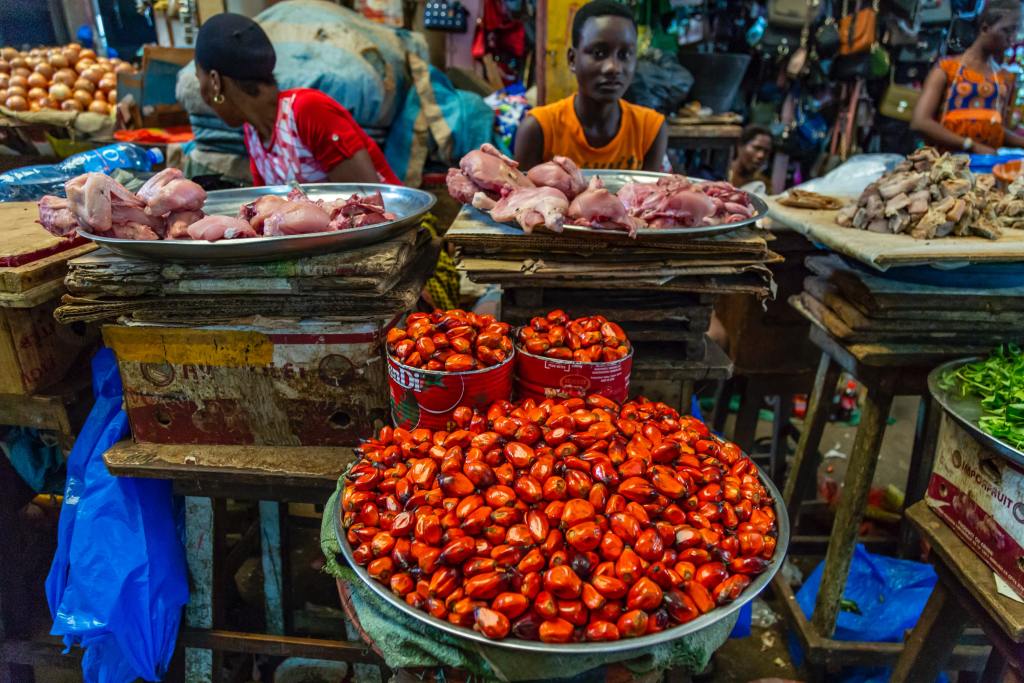
At a webinar on China/African Relationship, with the theme: “China/Africa Relations, The Myth, Lies And The Truth,” African experts gave diverse perspectives on the relationship between African countries and China. Among other subjects, participants especially provided views on whether or not underdevelopment in Africa can be dismantled with the adoption of the Chinese model of Import Substitution Industrialisation (ISI).
According to The Guardian, the Head of Department, Mass Communication, Crescent University, Abeokuta, Ogun State, Dr. Kola Adesina, said that “Innovation or technology cannot be just for its sake; Africa today is where China was 40 years ago… That is how you determine development at a micro level that is how to gain from that aspect one by one. After you get a good score for yourselves in food production, then you now begin to look at how to add value to Agriculture and then move from an agrarian economy first of all to what I call import substitution approach and then to underdeveloped and later to a developed economy.”
On his part, Dr. Efem Ubi, the acting Director of Research and Training at the Nigeria Institute of International Affairs (NIIA), Victoria Island, Lagos, said, “indeed, Africa has the market and that is why everyone is struggling to come to Africa. Then, Africa has the human resources. Africa is the next frontier. Africans must make big efforts to develop the continent. Development must start from within. China can only help us to lay the foundation for development. We must learn from the Chinese experience of development.”
Speaking highly on the development and partnership benefits of China-Africa relations, the Director of the Centre for China Studies (CCS) of Nigeria, Dr. Onunaiju Charles Okechukwu, opined that “the China- Africa relation has been based on a mutual partnership that is constructed on the basis of mutual interest on both sides, and it is advancing.”
“China has become Africa’s leading partner in business and the country has committed huge investments into construction projects across Africa, but there is an intense conspiracy going on with the spreading of misinformation to destroy the relationship between China and African countries. The disinformation plan is meant to destroy the relationship between China and African countries,” said a retired Diplomat and former Nigerian Ambassador to Brazil, Ambassador Vincent Okodion.
The Chief Executive Officer for the Institute of Economic Affairs (IEA-Kenya), a public policy think tank based in Nairobi, Kwame Owino, suggested that “Africa has an advantage on the demographic side and we also have an advantage on the human resources side. Africa doesn’t need to convince anybody else, but its citizens that our relationship with China or anybody else is useful. And, I think we’ve done a bad job so far about that. So, the big comparative advantage is here. We need to provide information on the risk and have better negotiating power.”
Going forward with Sino-Africa relations, Princess Judge Kaunda from Zambia said, “there must be agreement, mutual understanding about how this relationship is going to be; how it is going to take shape.”
It has long been suggested that Africans, and not the West, should lead and dictate the conversation on the continent’s relations with China. That is why such informative and perspective-sharing discussions by experts in the space remains important.
How should Africa learn from China to advance its (Africa’s) socio-economic development? Share with us in the comments.
Have you subscribed to our newsletter yet? Sign up for updates on content and opportunities.
Originally posted 2020-10-14 08:00:00.
